Everyone makes mistakes in life. You, me, and everybody. We all do. From everyday English/Japanese grammar mistakes to the big historical ones that cause wars (looking at you, Vl'hurgs), making mistakes is something we would like to prevent. Still, sometimes you just can't.
I think that I might make mistakes more than most people, but I bet that anyone who is learning a new language will make a lot of mistakes too. Yet, we can always learn from our mistakes, and once we make one, we will try not to make the same mistake twice. That being said, some mistakes are too much fun to make only once.
Japanese People and English
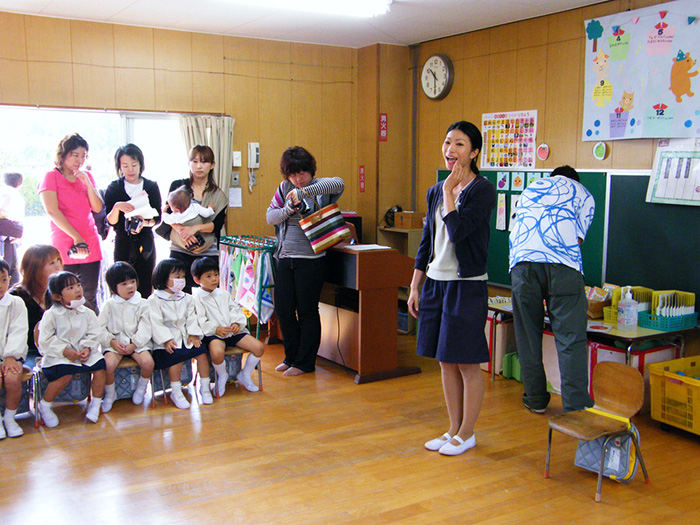
Although many older Japanese people have never had training in English, most of the younger generations have studied English for three years in junior high school and another three years in high school. In most Japanese universities, English is an obligatory subject as well, so many of the university graduates have studied English for a total of ten years or more.
However, Japanese teachers mainly focus on English grammar and reading, so they do not teach listening, speaking and pronunciation as effectively as they should. This is true and has been used as an excuse to explain Japanese people's poor English ability in listening, speaking and pronunciation. But if you have ever seen funny Japanese peoples' EngRish, you know that we aren't necessarily excellent in grammar and reading either. For myself, I used to say 'a sox' and 'soxes' instead of a sock and socks. I finally realized that it was wrong two years graduating from university. Last night I learned that I was saying 'teethbrush' instead of 'toothbrush', too, so I guess it never stops.
Mixing up English words.
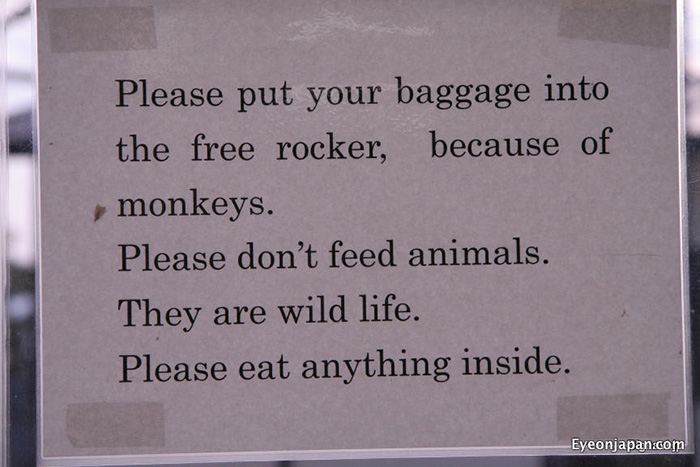
One particular time that I mixed up some English words was particularly funny / embarrassing. One summer day, while studying English in Canada on my working holiday program, I was planning to go to a farewell party for my Russian classmate. After ESL school that day, I went back home to drop off my textbooks. I walked through the back door and my homestay dad asked, "Do you wanna have a beer with us?" Usually, I'd immediately burst out with a "Yeeesss!", but I had the farewell party to go to that day, so I 'mournfully' said, "Sorry, I have to go to a funeral party for my Russian friend today". Yep, I mixed up the word 'funeral' and 'farewell'.
I saw my homestay dad's face turn really sad and kind of surprised. I didn't understand why he looked so upset at the time and just thought he really wanted me to drink beer with him. When I went to the party, I heard my friends say 'farewell' party and at that moment I remembered what the word I used with my homestay dad actually meant. "Oh, no". I thought. I was so embarrassed.
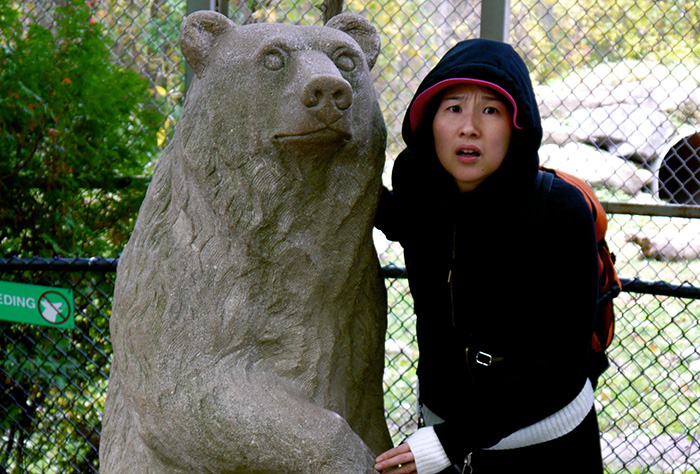
I think that mixing up words while speaking is a problem that many other people encounter, too. One of my friends was invited to a party at a restaurant. She got a seafood dish, but her shellfish hadn't been cooked enough. When a waitress came over and asked them how everything was, she intended to say, "I don't like your shellfish at all", however, she told the waitress, "I don't like your selfish at all." The waitress was shocked for a moment and just said sorry to her and left. Not surprisingly, she got upset because it seemed as if the waitress didn't care that her food wasn't good and did not replace her dish for her. Her friends finally pointed out that she had said 'selfish' instead of 'shellfish'.
Another friend of mine was talking about his niece and nephew and how they are so cute and how he lives for them and tries to spoil them whenever he gets the chance because he was never spoiled when he was a child. While telling us this, he surprised us by saying, "I try to live 'bi-curiously' through them." As you probably have already guessed by now, what he meant to say was, "I try to live vicariously through them". Although he is a slightly perverse person, 'bi-curious-ly' did not quite fit, even for him. Everyone made fun of him for a long time after that mistake – It's been going on for three years now.
Mixing up Japanese words.
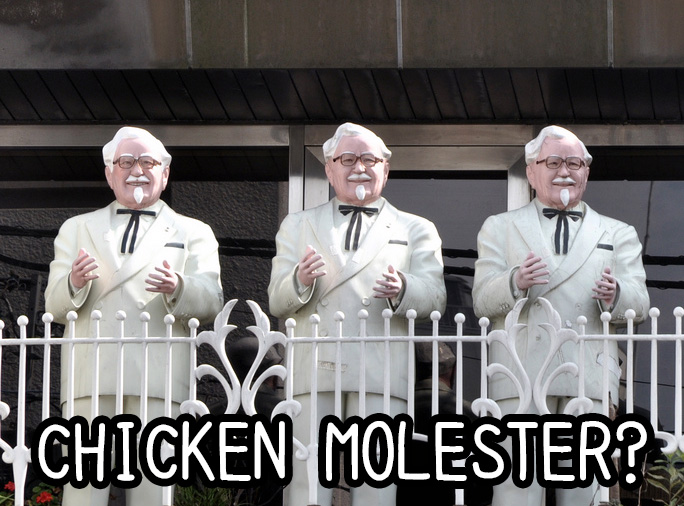
As you probably already know, a typical Japanese sentence is formed by using 3 sets of characters: hiragana, katakana and kanji. Although hiragana is normally used for the grammar, the connection between words, the particles, etc, beginners probably write the whole sentence in hiragana or prefer a sentence written in hiragana. However, it will become lengthy and actually more difficult to comprehend than a sentence that also includes katakana and/or kanji.
Although it's still possible to understand the sentence after reading it or its context carefully, you will find it difficult to figure out which of the hiragana formed a word without reading a few times. Moreover, you may mix up particles and other Japanese words and it could turn into a really silly sentence.
For example, the following sentences are written totally in hiragana, but could mean two or more things depending on the katakana and/or kanji.
ぱんつくったことある?
パン作ったことある? (Have you ever made bread?)
パンツ食ったことある? (Have you ever eaten underwear?)
にくかった
肉買った。 (I bought some meat.)
憎かった。(I hated him/her/it.)
きのうえきにいった
昨日駅に行った。(Yesterday, I went to the station.)
木の上気に入った。(I like the place on the tree.)
きょうとしよりきたよ。
今日年寄り来たよ。(Today elderly people came over.)
京都市より北よ。(It’s North out of Kyoto city.)
ねえちゃんとふろはいった?
ねえ、ちゃんと風呂入った?(Hey, have you taken a bath properly?)
姉ちゃんと風呂入った? (Did you take a bath with your sister?)
はしのはしをみてください。
橋の端を見てください。(Look at the edge of the bridge.)
箸の端を見てください。(Look at the edge of the chopsticks.)
端の端を見てください。(Look at the very edge.)
ハシの箸を見てください。(Look at Hashi’s chopsticks.)
If you make use of katakana and kanji, the whole sentence become shorter and easier for you to understand. However, during a conversation, you can't read the katakana or kanji. Therefore, I believe that many people who study Japanese mix up Japanese words too.
I'm going to introduce some examples out of the 'Gaijin Pot forums.'
I would sometimes go into KFC and order a Chicken Burger, however, I was pronouncing it wrongly, "Chikan baagaa" until one day I actually pronounced it correctly, "Chikin baagaa". However, the arubaito guy who had served me a few times before said "Chikin baagaa desu ne? Chikan baagaa ja nai desu yo ne?", which made another arubaito girl standing near by burst out in laughter. -Since1990
Chikin: chicken
Chikan: a molester
I got the words ninjin 人参 and ninshin 妊娠 mixed up one day. The woman became a carrot rather than pregnant! -Scrum Doctor
Ninjin: carrots
Ninshin: pregnant
I once heard of someone getting angry at people on the train when he realized that they were staring at him. Apparently he meant to say, "I'm not an animal, I'm a human being!" (watashi ha doubutsu ja nai, ningen desu! 私は 動物じゃない、 人間です!), but it came out as, "I'm not an animal, I'm a carrot!" (watashi ha doubutsu ja nai, ninjin desu! 私は 動物じゃない、ニンジンです!). -Since1990
Ninjin: carrots
Ningen: person, human
The two words I confuse the most though are vacuum cleaner (sojiki) and funeral (soshiki), with often embarrassing results. -renkachan71
Sojiki: vacuum cleaner
Soshiki: Funeral
After being in Japan for just a few months, and having only mastered the really essential expressions, I went up to one of my older students at a bar to ask if she had had a lot to drink: "oppai nomu? おっぱい 飲む?" I asked. She retorted with one of the few other words I had picked up: baka! バカ!-Dennis
Ippai: a lot
Oppai: boobs, breast milk
As you can see, other people make these mistakes too! If these people can make embarrassing mistakes like this and move on, you have nothing to worry about. A mistake is just a mistake, after all!
Failure Teaches Success
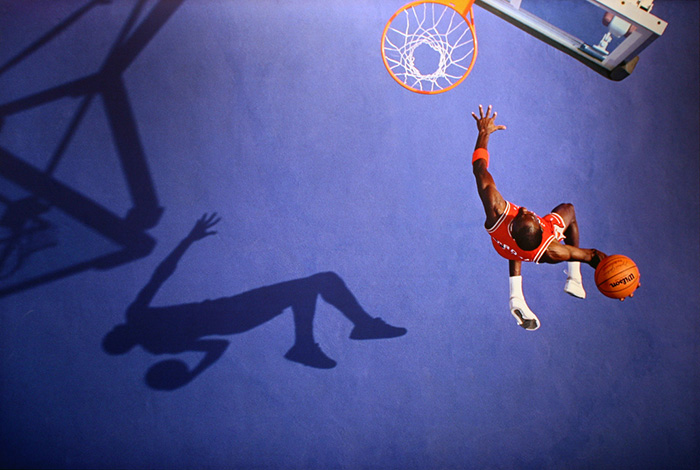
See? There are so many mistakes already. I'd like to say "shippai ha seikou no moto 失敗は 成功のもと" meaning "failure teaches success" to everyone learning Japanese here! Even Michael Jordan said, "I've failed over and over and over again in my life and that is why I succeed." It's not a joudan 冗談 ("joudan" is pronounced the same like "Jordan" and means "a joke"). Sorry, that was a little bit of a samui 寒い (lame) pun. Anyway, don't hesitate to speak incorrect Japanese to get better at Japanese. It will only help you to get better!
